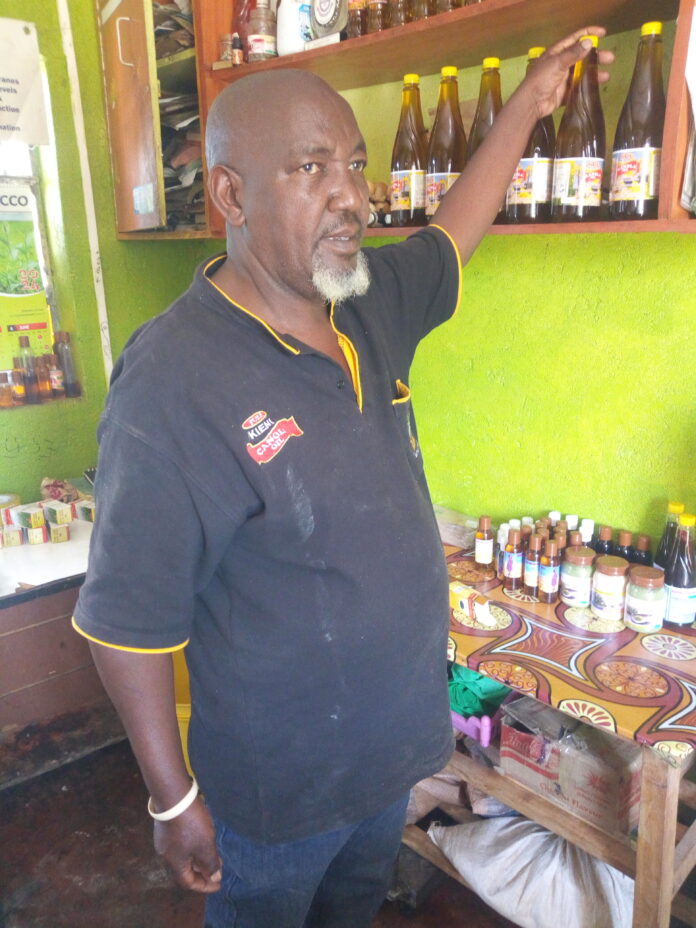In a determined push to curb Kenya’s soaring edible oil import bill, the country’s Agriculture and Food Authority (AFA) has intensified nationwide efforts to boost domestic production of oil crops such as sunflower, canola, soybean, and coconut.
At the heart of the strategy is the Sh981 million Edible Oil Crops Promotion Project (EOCPP), launched in July 2023 and set to run through 2028.
Co-funded by the National Treasury (Sh400 million) and AFA’s Nuts & Oil Crops Directorate (Sh581 million), the project aspires to more than double local oil output, from a baseline of just 34 percent of the 900,000-tonne annual demand to 50 percent by 2028.
In early August 2025, AFA joined forces with Nakuru County to distribute 5,000 kg of canola seeds to 600 smallholder farmers across 11 sub-counties, enabling cultivation over 1,250 acres in the current rainy season.
Agriculture CECM Leonard Bor highlighted canola’s suitability as a rotational crop—improving soil health, suppressing pests and weeds, and enhancing yields of cereals like wheat and barley.
Kenya currently produces only 306,000 tonnes of its 900,000-tonne edible oil needs, importing the rest—mainly palm oil—from Southeast Asia, at a cost of approximately Sh160 billion annually.
The EOCPP aims to scale up cultivated area to 200,000 acres across 24 counties, up from just tens of thousands of hectares currently planted.
Boosting Yields and Value Addition
Currently, productivity in oil crop farming averages just 0.3–0.5 tonnes per hectare. Improved inputs and agronomic support under EOCPP are expected to raise yields to around 2 tonnes per hectare.
AFA’s Director of Crop Resources, Douglas Kangi, spotlighted sunflower varieties like Sunbeam and Kenya Fedha, which mature in 3–4 months and yield up to 25 bags per acre. Importantly, sunflower by-products such as sunflower cake have strong demand in the animal feed industry. Kangi encouraged farmers to engage in household-level oil extraction to maximize profits.
This push is not just about agriculture—it’s a job-creation engine. AFA projects the initiative could create over 200,000 direct and indirect jobs through farming, seed production, aggregation, transportation, warehousing, agro-processing, and livestock feed enterprises.
The initiative also aligns with AFA’s broader strategic plan for 2023–2027, which champions sustainable agriculture, enhanced market access, and regulatory reforms to support smallholder farmers.) Added policy support includes exemptions on import levies for nuts and oil crops under the Crops Act of 2013, effective April 17, 2025—enabling lower-cost access to seeds and machinery.
EOCPP’s ambitious targets include raising domestic edible oil production from the current 80,000 metric tonnes to 240,000 tonnes over five years, with 1.5 million tonnes of oil-bearing seeds produced across 250,000 hectares in at least 15 counties.
Kenyan policymakers see this as a pathway to not only reducing reliance on imports and stabilizing cooking-oil prices but also enhancing rural incomes, strengthening food security, and deepening the nation’s agricultural value chains.








